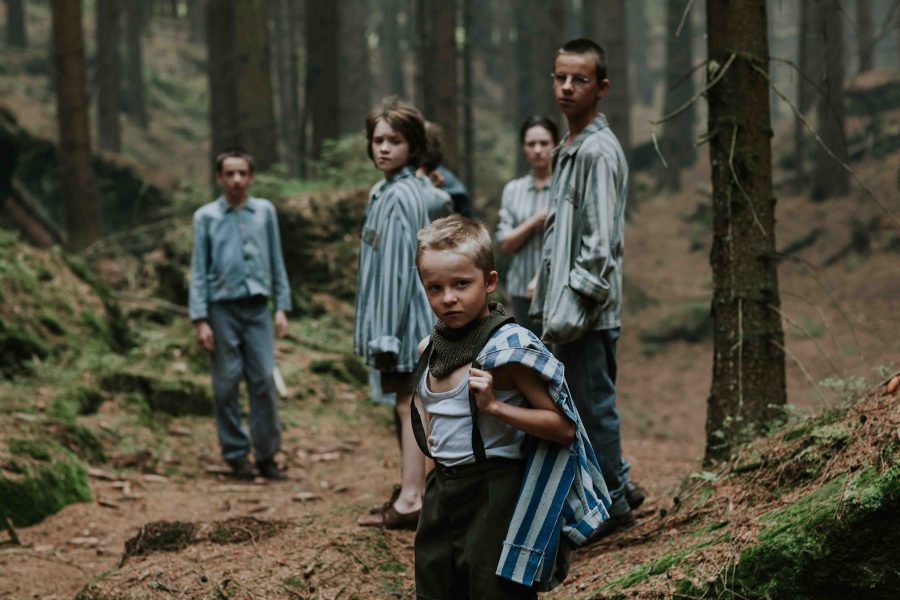This true story gives a 21st-century audience a frightful insight into the horrors of the Holocaust…
We are all aware that the Holocaust was one the world’s biggest tragedies, killing millions of innocent Jewish people, with only some managing to escape. However, Adrian Panek’sWerewolf really drives home a true realisation of the perils that escapees had to go through.
From the onset, audiences can feel the fearful atmosphere of the concentration camps clearly displayed by the dark setting straight away as well as the sound and sight of people being shot. No emotion or empathy is shown by the guards in this camp as they continually laugh at the terrified innocent children.
Those interested in this film may question why it would be called Werewolf when it was clearly about the Holocaust, but it is within these opening scenes that we see dogs used to attack people within the camps when as a woman is shown running away from a German Shepherd.
Surprisingly, the main setting was not the concentration camp but rather an abandoned house that is occupied by eight young escapees. The element of the ‘werewolf’ is clearly significant here as the dogs shown at the beginning of the film circle the abandoned house, leaving the children trapped and the audience on the edge of their seats.
This film leans towards an audience that particularly enjoys war films and thrillers, but it has value for all viewers in making us realise how lucky we really are. The children are not given names but numbers, highlighting how they have been stripped of their identity and adding to the authenticity of the story by bringing attention to discrimination against these people.
Whilst this film is executed well, the relative lack of dialogue made it hard to follow at times and gave little insight into what they were thinking or feeling. Sudden switches between night and day also contributed towards this, but it could also be argued that this adds to the sense of the children’s feeling of uncertainty.
At its best, the score was sorrowful and atmospheric, but during the most suspenseful scenes it would default back to your typical thriller music, which in some ways didn’t make the scenes unique as you could tell what was going to happen next.
Without spoiling the ending, Werewolf concludes on a satisfying note, creating a moral message by showing that the escapees don’t have to commit evil like those who have committed evil towards them, but can instead grow and be the bigger people.
Ultimately, this film is worth the watch just to gain an insight into the struggles of the people that came before us. Regardless of your interests, Werewolf will inspire you to watch more period thrillers to further your knowledge of true wartime tales.
By Katie Green
Feature image credit: Eureka Entertainment


